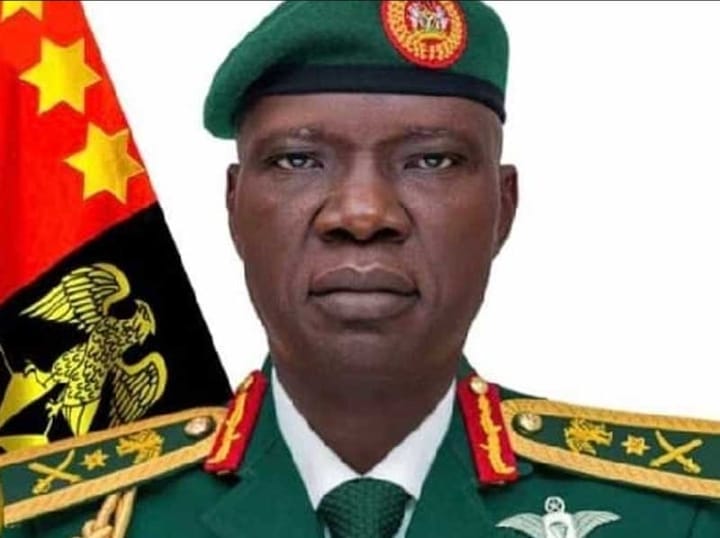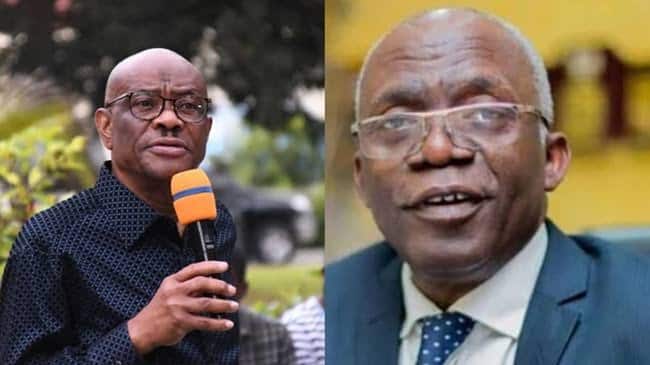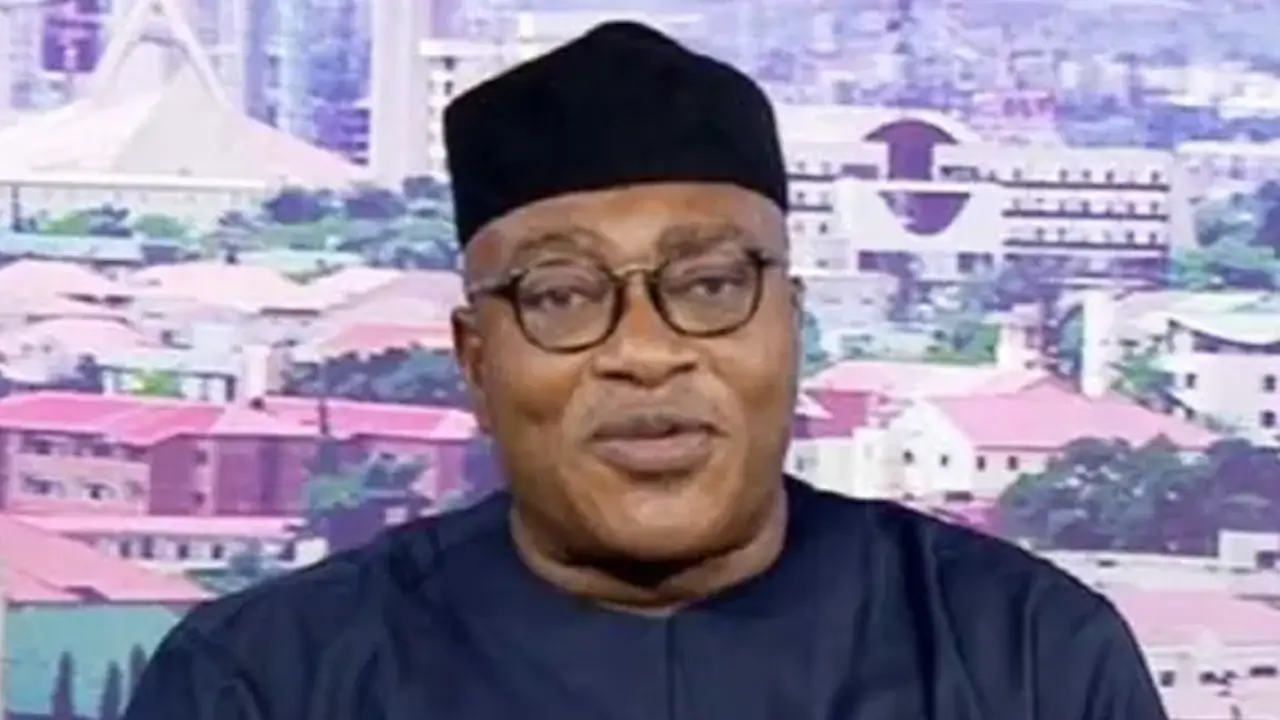The Deputy Secretary-General of the United Nations, Amina Mohammed, on Friday, met with President Bola Tinubu at the Aso Rock Villa, to debrief him on efforts to restore constitutional rule in some West African countries that recently fell to military rule.
She called for a return to constitutional rule in the affected nations—Niger, Mali, Burkina Faso and Guinea.
The civilian governments in Burkina Faso and Mali and Niger fell to military control in May 2021, September 2022 and July 2023, respectively.
Consequently, the Economic Community of West African States announced economic sanctions that isolated the three states alongside Guinea, where the military took over in September 2021.
However, some of these sanctions were relaxed in February 2024.
On July 6, Niger’s General Abdourahmane Tchiani, Burkina Faso’s Captain Ibrahim Traore, and Mali’s Colonel Assimi Goita signed a confederation treaty which, they said, would strengthen a mutual defence pact announced last September, the Alliance of Sahel States.
After the meeting, Mohammed told journalists that aside from debriefing the President on the proposals he had earlier made to keep the dialogue going forward as the Chairman of the ECOWAS Authority, they also evaluated emerging challenges.
She added that they also considered the possibility of engendering economic development for the countries so citizens do not suffer.
“My visit here was to see Mr. President and to give him a debrief on the visit of myself and delegation within West Africa, Senegal, Guinea Conakry, Mali, Niger and Burkina Faso.
“We also went to Ethiopia on a finance mission. We were able to debrief on the proposals that he had made to try to keep the dialogue going for some of the states that we have challenges with.
“But at the same time, we also looked for the possibilities to include more economic development so that the people don’t suffer at the same time,” the former Nigerian environment minister stated.
However, she clarified that the UN is not negotiating on behalf of ECOWAS but is only supporting the subregion.
Asked whether the global body was negotiating on behalf of the bloc, she said: “Absolutely not! The UN does not negotiate on behalf of ECOWAS; what it does is to support the leadership of ECOWAS, and that’s why we came here to debrief the President.”
On the UN’s communication with the countries, the DSG said: “Well, what we are telling these countries is that a number of them have a crisis. They have unconstitutional changes, and what they must do is come back to a transition and a process of democracy.
“On the other hand, they have to look also at the development paradigm for their people there is terrorism. But there’s also a need to look at jobs, food security, and energy. All those also have to continue.
“Now, if they can display a roadmap that gives everyone some confidence that there is a return to democratic rule, then they will find the support. I believe that in ECOWAS, we are a family. Regional Integration is at the heart of it. It is what these countries have said. And the proposal by ECOWAS in its last meeting to have President Faye of Senegal and President Faure of Togo to continue that dialogue and engagement is a good one.”
Mohammed said the countries concerned “feel that they have not had the same support of ECOWAS that they envisaged and a lack of understanding that in some cases.”
Nonetheless, they resolved to forge ahead with their Alliance of Sahel States, stating their priorities.
She enumerated those priorities: “First was security and the fight against terrorism. The second was investments they were looking for in certain areas like food security and job creation for their young people.”

 3 months ago
35
3 months ago
35















 English (US) ·
English (US) ·